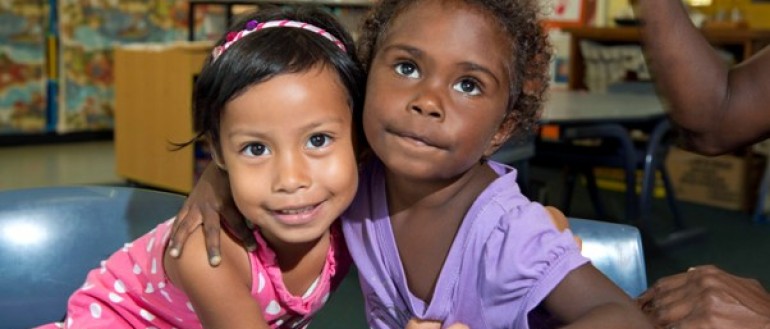Summary:
The Maternal Health Program is dedicated to improving maternal health outcomes for women, families, and communities across the Northern Territory.
The current focus of our program is promoting full term pregnancy and safely reducing the rates of preterm birth in the Top End. In 2020 the preterm birth rate across Australia was reported to be 8.3% with the highest rates by jurisdiction recorded in the Northern Territory, where 11.4% of babies were born preterm. There is a recognized discrepancy in the rates of PTB in First Nations and non-Indigenous babies. Across Australia during 2020, the PTB rate among babies born to First Nations mothers was 14% or 1.7 times the rate of babies born to non-Indigenous women. Reported rates of PTB in First Nations women across the Top End during 2016-2017 exceeded 20% in some regions. We are striving to safely lower this rate through building partnerships with First Nations women, families and communities to inform the most effective ways to raise awareness of the prevalence, risk and impact of preterm birth in the Top End.
Project 1: GLU Study: Prediction of Indigenous women at high risk of preterm birth using vaginal bacterial biomarkers
Aims:
To conduct a prospective cohort study of early-mid gestation Northern Territory First Nations pregnant women to maximise spontaneous preterm birth risk prediction through;
- Assessment of the efficacy of the GLU test in First Nations women
- Characterisation of the mid-gestation vaginal microbiome, inflammatory state, and host/microbial protein profile; association of this with key maternal factors (such as smoking and diabetes); and determination of their combined association with spontaneous preterm birth
- Identification of microbial and host biomarkers that will enable modification of the existing GLU test to enhance its efficacy in First Nations women.
To listen to the perspectives of premature birth and self-collected vaginal swab testing in First Nations women, First Nations communities and health care providers in regional and remote Northern Territory
Project 2: National Preterm Birth Prevention Program
Aims:
To design and implement a health education and promotion campaign to promote full-term pregnancy and safely lower the rate of preterm birth across the Northern Territory.
Project 3: Project 3: Trends in Preterm Birth in the Top End from 2013- 2018
Aims:
To conduct a retrospective cohort study of all births (>20 weeks, including still births) within Top End Health Services from 2013- 2018 inclusive to describe the current preterm birth rates in the Top End Health Service. The results will be used as a baseline for comparison to future data collected following the implementation of the National Preterm Birth Prevention Program in the Northern Territory.
Chief Investigator:
Project Manager:
- Jessica Murray
Contact information:
- jess.murray@menzies.edu.au
Funders:
- National Health and Medical Research Council.
- Commonwealth Department of Health.
Collaborators:
- The Australian Preterm Birth Alliance
- The University of Western Australia
- Northern Territory Health
- Brown, K., Unger, H. W., Peel, M., Doherty, D. A., Lee, M., Kujawa, A., Holder, S., Tachedjian, G., Masson, L., Thorn, J. C., Newnham, J. P., & Payne, M. S. (2022). A project to validate the GLU test for preterm birth prediction in First Nations women. Microbiology Australia, 43(3), 130–134. https://doi.org/10.1071/MA22032

